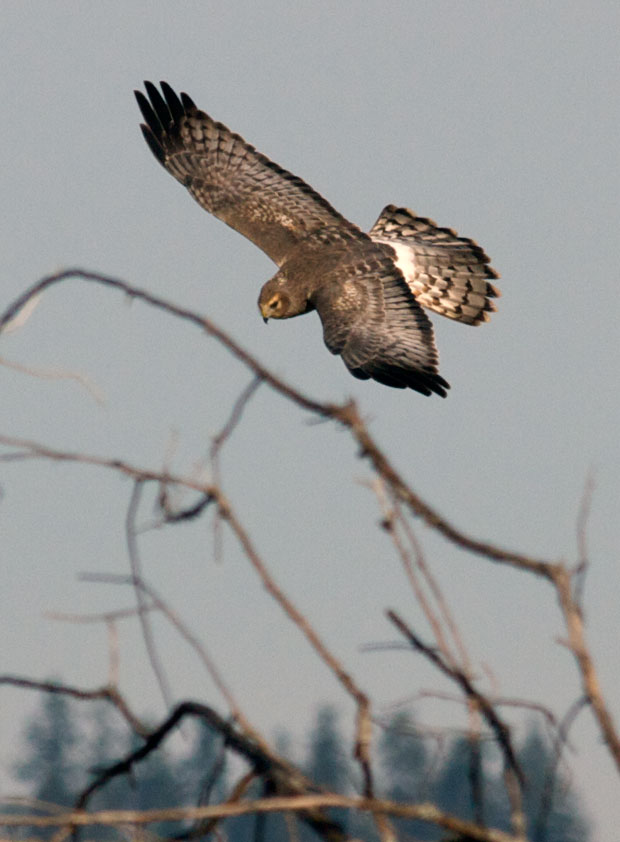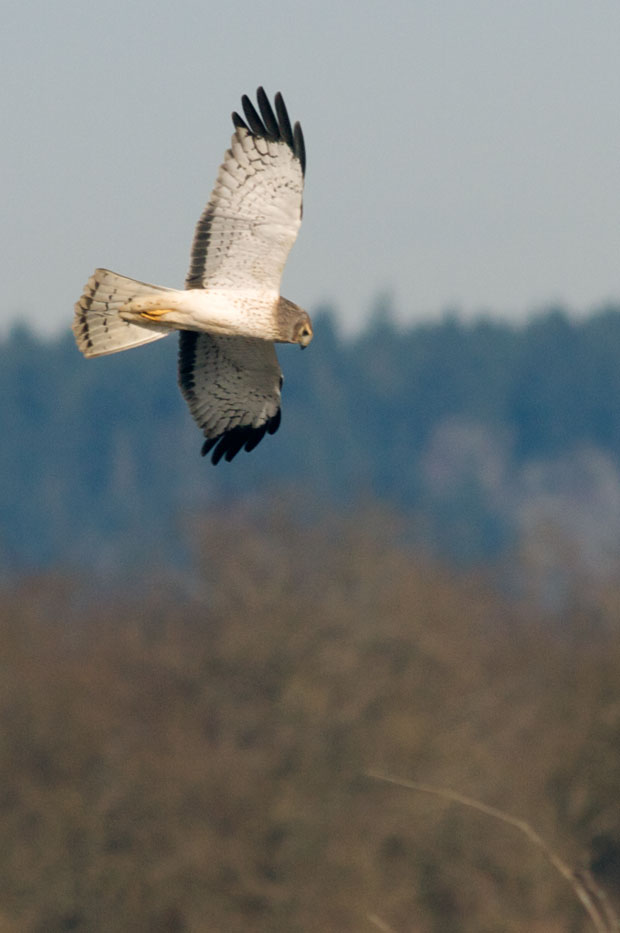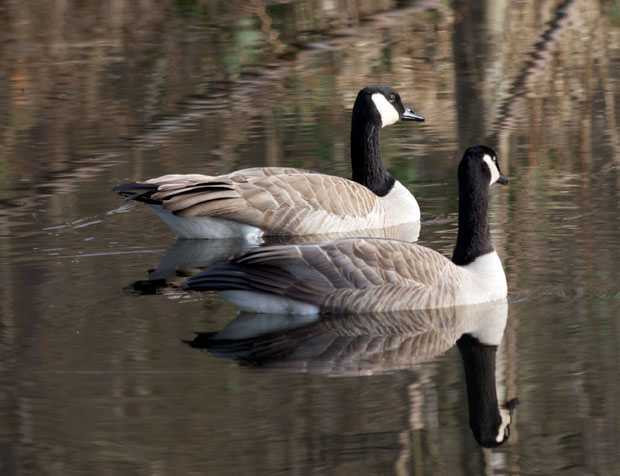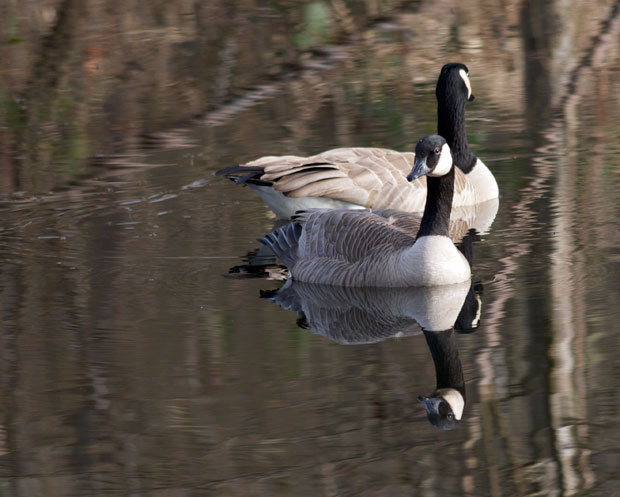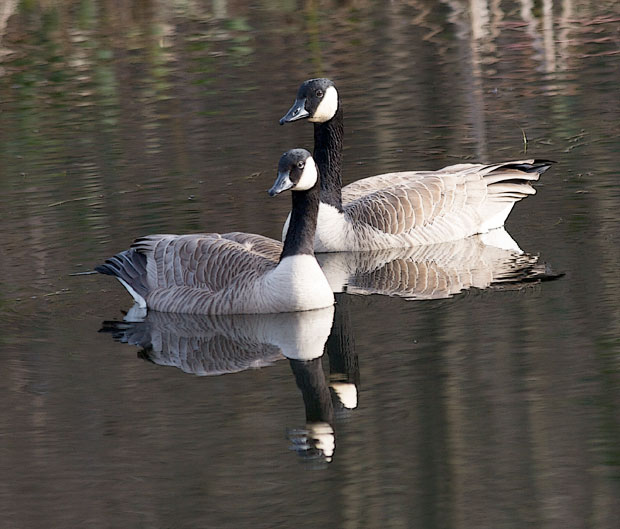Although recent readers of this blog may not know that I was inspired to become an English major after reading Thomas Hardy’s novels and poetry in high school, I’m sure I’ve mentioned it several times, most likely on January 1st when I commonly cite Hardy’s “The Darkling Thrush.”
Anyway, I was taking an “Honors/Bone Head Class” which had been hastily thrown together by West Seattle’s administration because several of us who had done well overall in our SAT’s had done poorly on the writing section, probably because no one bothered to teach us how to write. At first I had a fit when I was put in the class because I’d never gotten anything but an “A” in an English class and had certainly read more classical literature than 98% of the student body. When I was told that I could either go into the honors class or Mr. Thomas’ bonehead class, I decided I’d take it.
My final class project was on Thomas Hardy, and I bought and read four of his novels: Return of the Native, The Mayor of Casterbridge, Tess of the D’Urbervilles, and Jude the Obscure, and Hardy’s Selected Poems. Of course, Mr. Thomas never expected us to do that much work, but once I read Return of the Native I was hooked. I’d never worked that hard on a school project before. In fact, it was also the first “all-nighter” I’d ever pulled and was much surprised to learn that the sun came up at 4:30 in the morning. I considered the “A+” I got on that research paper, and Mr. Thomas’ praise, the greatest achievement of my high school career. Hardy was the reason I changed from a Physics major to an English major when I started at the U.W. the next year.
Those four novels have been sitting on my library shelf ever since, waiting to be re-read. They’re the oldest books I have, except for the four children’s classics my mother bought me for Christmas presents. There’s certainly nothing special about them. Despite just one reading, the bindings are cracking and the pages are turning yellow, but considering how cheap they were, Modern Library books were probably the greatest bargain of my lifetime.
Since there’s very little demand for books like this, I plan on throwing them away after I’ve finished reading them this time because I need the shelf room, and, considering how long it’s taken me to get around to reading them a second time, it’s unlikely I’d ever read them a third time.
Posting might be more sporadic than usual because I don’t think I’ll be commenting on any of the novels until I’ve finished it. I’ve spent nearly three days so far reading The Return of the Native, and it’ll probably take me awhile to figure out what I want to say about it.

